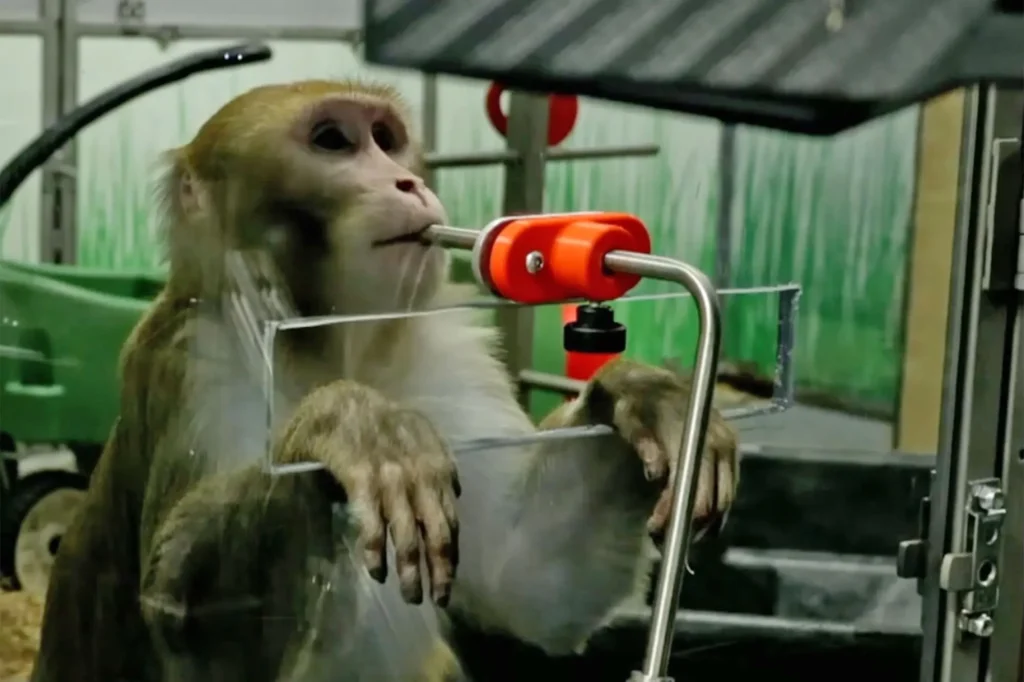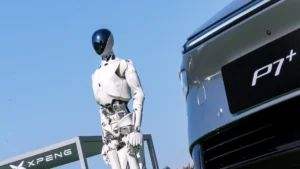
Medical Experts Urge Caution for Neuralink’s Human Trial Volunteers
An open call for patients by Elon Musk’s brain-interface startup prompted a response from a medical ethics committee.

Last week, Elon Musk’s brain-computer company, Neuralink, said they got approval from a group to start a six-year-long test with people. They’re looking for people with paralysis, like those with spinal cord injuries or ALS, to join the trial.
But less than a day later, Wired magazine talked about bad things that happened to monkeys in Neuralink’s tests. Elon Musk says the implants didn’t cause these problems.
At the same time, a group that cares about animals’ rights and ethics complained to the Securities and Exchange Commission (SEC). They want the SEC to check if Neuralink tried to trick people who invest in the company about the device’s safety and history.
In an email to Popular Science on Thursday, this group told potential Neuralink volunteers to think twice about joining the trial.
“Patients should have serious concerns about the safety of Neuralink’s device,” wrote Ryan Merkley, director of research advocacy for the committee, which was founded in 1985 and has over 17,000 doctor members. “There are well-documented reports of company employees conducting rushed, sloppy experiments in monkeys and other animals.”
Merkley and a report by Wired from September 20 say that Neuralink did experiments on up to 12 macaque monkeys. These tests caused long-lasting infections, paralysis, brain swelling, and other bad effects. In the end, the monkeys had to be put to sleep. Before this, the FDA didn’t allow Neuralink to start tests with people.
They were worried that the electrodes in the implant might move inside the brain, and they were concerned about taking the device out without hurting the brain. But in May 2023, the FDA finally said yes to Neuralink’s request.

On September 10, Elon Musk acknowledged that some monkeys used in Neuralink’s clinical trials had died. However, he denied that the experimental brain-computer interface implants caused their deaths. Instead, he claimed that the monkeys were already very sick.
Wired conducted an investigation based on public records and interviews with former Neuralink employees and others. This investigation revealed even more troubling and horrifying details about the difficulties faced by twelve rhesus macaque test subjects between 2017 and 2020. These problems included issues related to their nerves, minds, and bodies because of the test implants.
Additionally, some implants malfunctioned simply because of how they were put in with titanium plates and bone screws. In these cases, the openings in the skull allegedly got infected and caused immense pain to the animals. Some implants even became so loose that they could easily come out.

In his email, Merkley brought up the FDA’s previous worries about Neuralink’s prototypes. They were concerned that the electrodes might move around in the brain and that taking the device out could be tricky. He suggested that Musk’s company should focus on making a brain-computer interface that doesn’t require surgery, which is something other researchers have already started working on.
As Wired pointed out, if the SEC decides to investigate Neuralink, it would be the third time that a federal agency has looked into how the company tests its products on animals. Reuters reported on complaints from staff about how the tests were done on pigs in December 2022, and last February, the US Department of Transportation started its investigation into Neuralink.
This investigation was about claims that the company transported dangerous pathogens without proper safety measures when they removed implants from monkeys’ brains.
During a Neuralink presentation last year, Musk said that the company’s tests on animals were never done just to see what would happen. He said they always made informed decisions and were very concerned about the safety of the animals they tested on. Musk made it clear that they didn’t take the matter lightly and were careful when it came to putting devices into animals.
He even mentioned a video where a monkey was using a computer keyboard with a Neuralink implant, saying that the monkey enjoyed doing the demonstration and was not restrained in any way. During the presentation, Musk wanted to reassure both the investors and the audience that they were being extremely cautious in their approach.
Never miss any important news. Subscribe to our newsletter.
Related News


British Investor Who Predicted US Slump Warns of Next Crash

I’m a Death Doula: 4 Reasons I Believe Death Isn’t the End


Tech to Reverse Climate Change & Revive Extinct Species

AI Unlocks the Brain’s Intelligence Pathways

XPENG Unveils Iron Robot with 60 Human-like Joints

Can AI Outsmart Humanity?

11 ChatGPT Prompts to Boost Your Personal Brand

Keir Starmer Hints at Possible Tax Hikes on Asset Income

Navigating the Future of AI: Insights from Eric Schmidt
